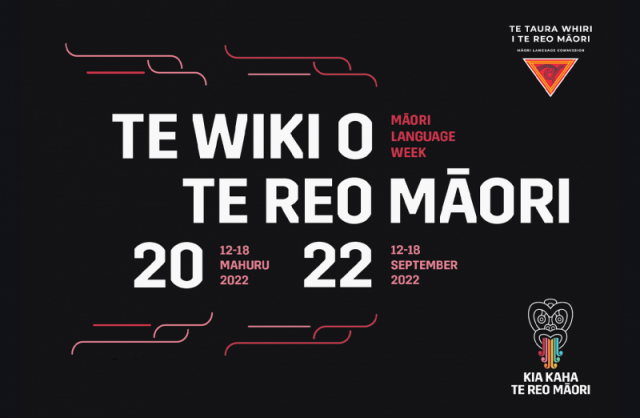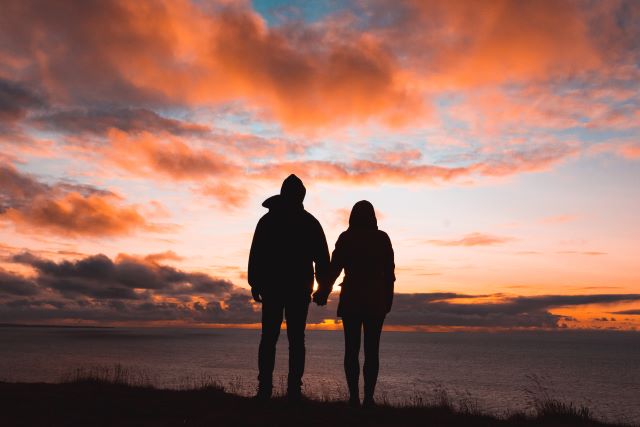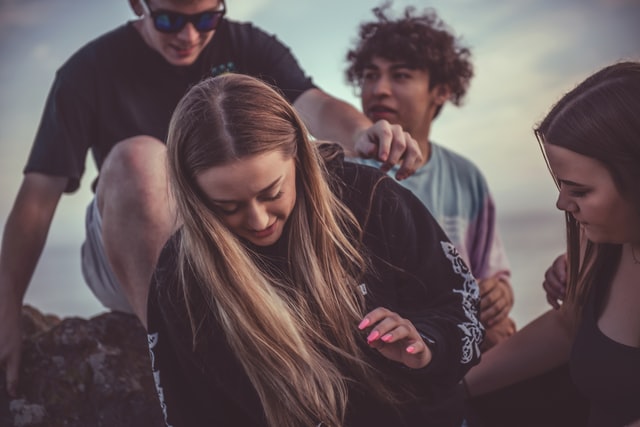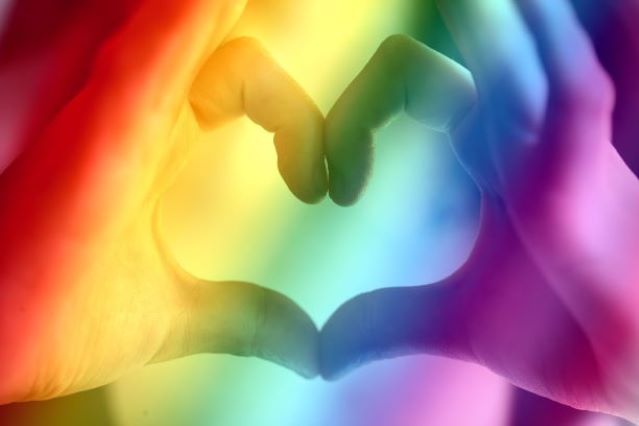Research and resources supporting tamariki healthy intimate partner relationships
Wed 28 Sep 2022
Resources developed through the Harmonised project are available to support tamariki healthy intimate partner relationships.

Research and resources for tamariki healthy relationships
The Harmonised Healthy Relationship Project was initiated as part of a response to tamariki Māori requesting better accessible information about intimate partner relationship well-being. The Harmonised project was led by Auckland University of Technology in partnership with the University of Otago and John Hopkins University, with funding from the Ministry of Business, Innovation and Employment.
Working with a Tamariki Advisory Group (TAG) and pupils from schools and Kura across the motu, the project identified:
- tamariki definitions of an ‘intimate partner relationship’ as opposed to adult developed definitions of tamariki ‘relationships’
- tamariki definitions of what constitutes healthy and unhealthy intimate partner relationships in their own context by using an Indigenous well-being framework -Te Whare Tapa Whā (Durie, 1985) and
- explored how tamariki make decisions within their intimate partner relationships.
The research team spent 4 years talking and working with tamariki from all over Aotearoa about what is needed to support tamariki to have healthy and safe intimate partner relationships.
The team used a co-create approach involving tamariki in identifying both needs and solutions, including concepts and language, as well as creating an App and resources, also using a Māori centred approach.
The team heard from tamariki that they understand what a healthy relationship is, but sometimes it can be complicated and sometimes they don’t always know what to do. The team heard that whānau were important to tamariki within these relationships. Tamariki wanted good information and for people to listen and take their relationships seriously.
The project involved an App, called Harmonised, developed by the Tamariki Advisory Group and the tamariki focus groups. The App was only available as a pilot during the research. However, the team worked with tamariki and created resources for tamariki/rangatahi in intimate partner relationships or those thinking about what they would like in a healthy intimate partner relationship.
The resources include:
- What taitamariki value in a relationship in English and Te Reo Māori
- Taitamariki healthy relationship continuum
- Whare tapa whā as a model for healthy relationships
- How to start a conversation about your relationship with someone when you don’t know what to say
- Tips when you are worried about a friend and not sure what to say
- A brief list of who to contact when you need someone to talk to.
Background
Two of the Harmonised team members, Dr Moana Eruera and Dr Terry Dobbs, previously researched taitamariki* perspectives on intimate partner relationships. Korero mai: taitamariki Maori development of healthy relationships was funded by the Health Research Council of NZ and hosted by Te Runanga-Ā-Iwi-O-Ngāpuhi. For more information see a 2-page summary from this research about what taitamariki shared with the researchers.
A second research project, Taitamariki Māori kōrero about intimate partner relationships was funded by ACC and hosted by the Amokura Family Violence Prevention Consortium. For more information see the report from this research Taitamariki Māori kōrero about intimate partner relationships (2010).
To learn more about supporting tamariki and youth to have healthy intimate partner relationships also see:
- Building Taitamariki Māori Capacity: Reclaiming and applying Te Ao Māori principles to inform and support their intimate partner relationship well-being (2021) PhD thesis by Terry Dobbs
- Hooked Up – Te Honononga Whaiaipo: Reducing and preventing violence in taitamariki Māori intimate partner relationships (2015) PhD Dissertation by Moana Eruera
- Kaupapa Māori wellbeing framework: the basis for whānau violence prevention and intervention (2014) by Terry Dobbs and Moana Eruera, New Zealand Family Violence Clearinghouse Issues Paper #6.
*Taitamariki is used to denote Ngāpuhi dialect and participants in these two studies.
Related news
The Office of the Children’s Commissioner (OCC) and the Ministry of Education (MoE) are calling for nominations of young people to have a say in the curriculum refresh. OCC and MoE are setting up 3 Youth Voices Groups to ensure young people's voices are heard during the curriculum refresh. The 3 Youth Voices Groups are Youth Voices, Rangatahi Māori Voices and Disabled Youth Voices with a focus on involving a diverse range of young people, including those who identify as part of the Rainbow community, and/or are care experienced, as well as young people living in rural communities, and/or young people with informal and non-formal education experience. Nominations are requested of young people from organisations, iwi, schools and other agencies who hold a trusting and sustained relationship with the young person they are nominating and who are prepared to support the young person throughout their involvement. Nominations can be submitted through the OCC website. For questions email educationvoices@occ.org.nz. Nominations are due by 16 October 2022.
Related media
Mental health resources for young people and schools launched, Beehive media release, 28.09.2022
Pasifika leaders on a mission to normalise talanoa about sexual health, Tagata Pasifika, 19.08.2022
Rangatahi panel makes sex-ed laughing matter, Waatea News, 26.07.2022
App supports healthy relationships for teens, Otago Daily Times, 26.06.2018
Image: Aedrian on Unsplash






